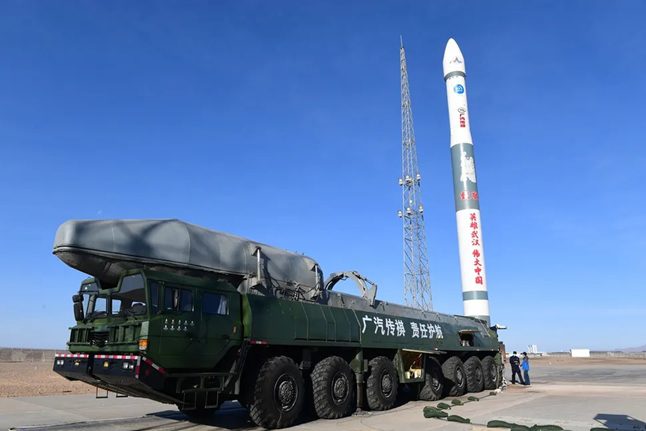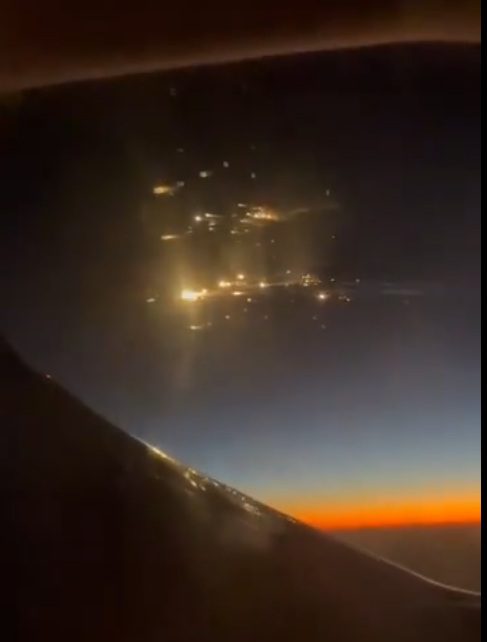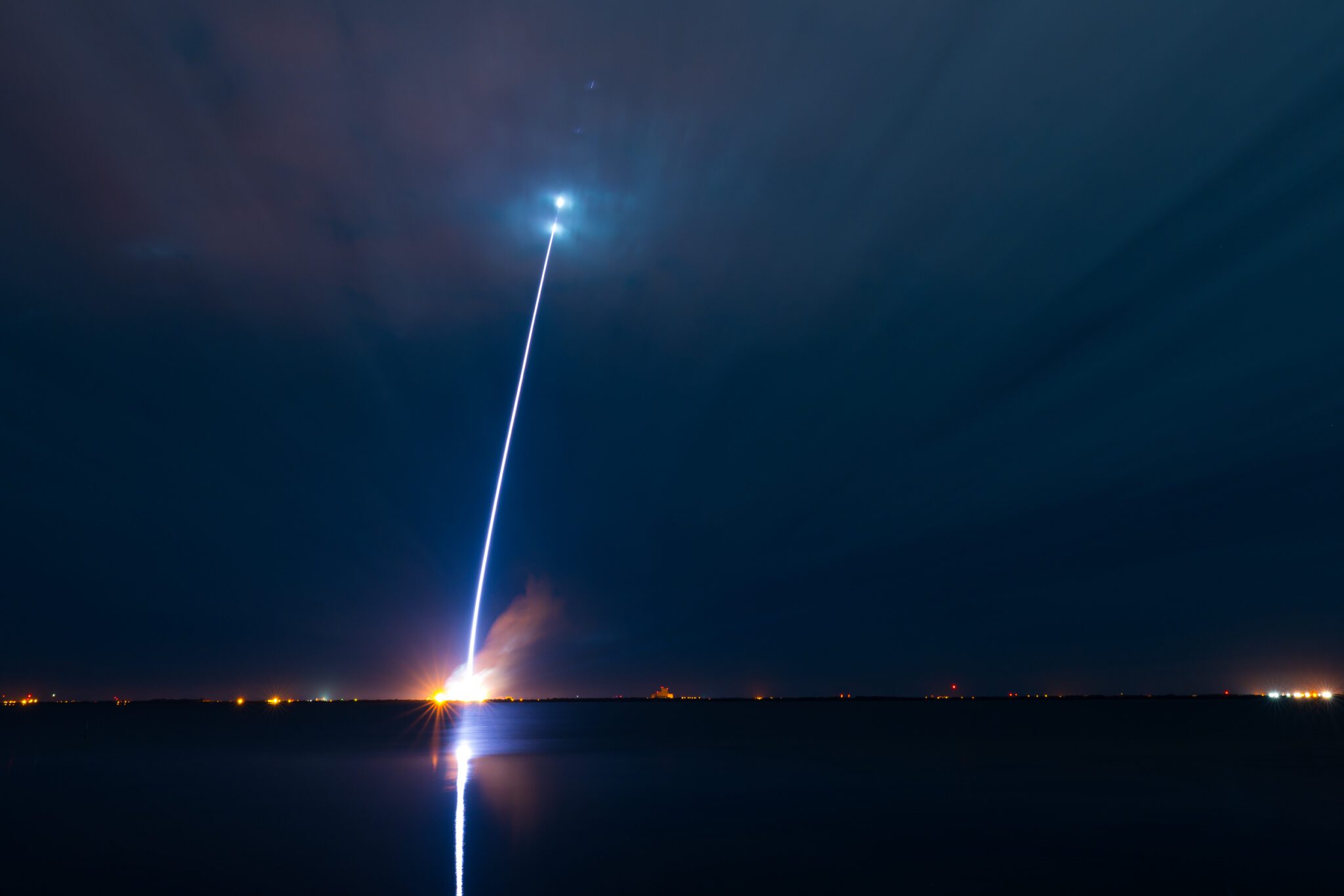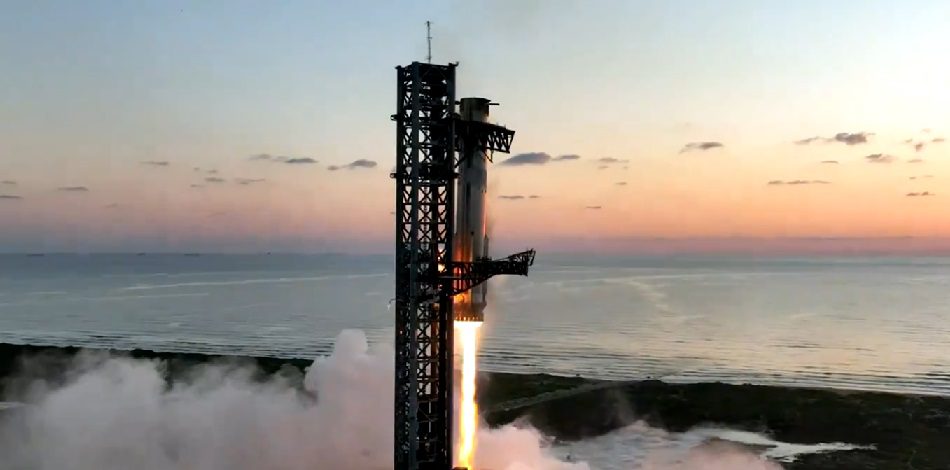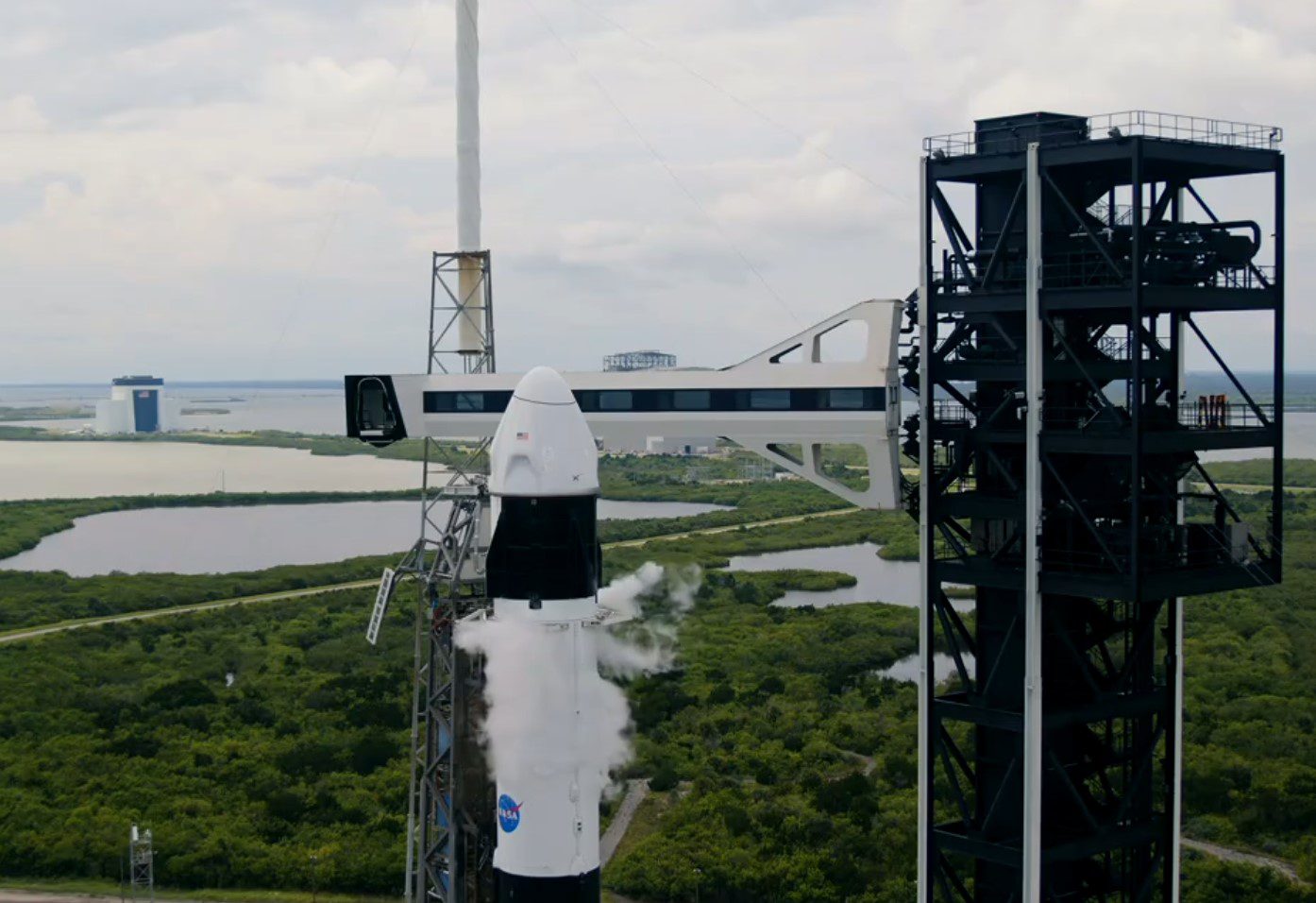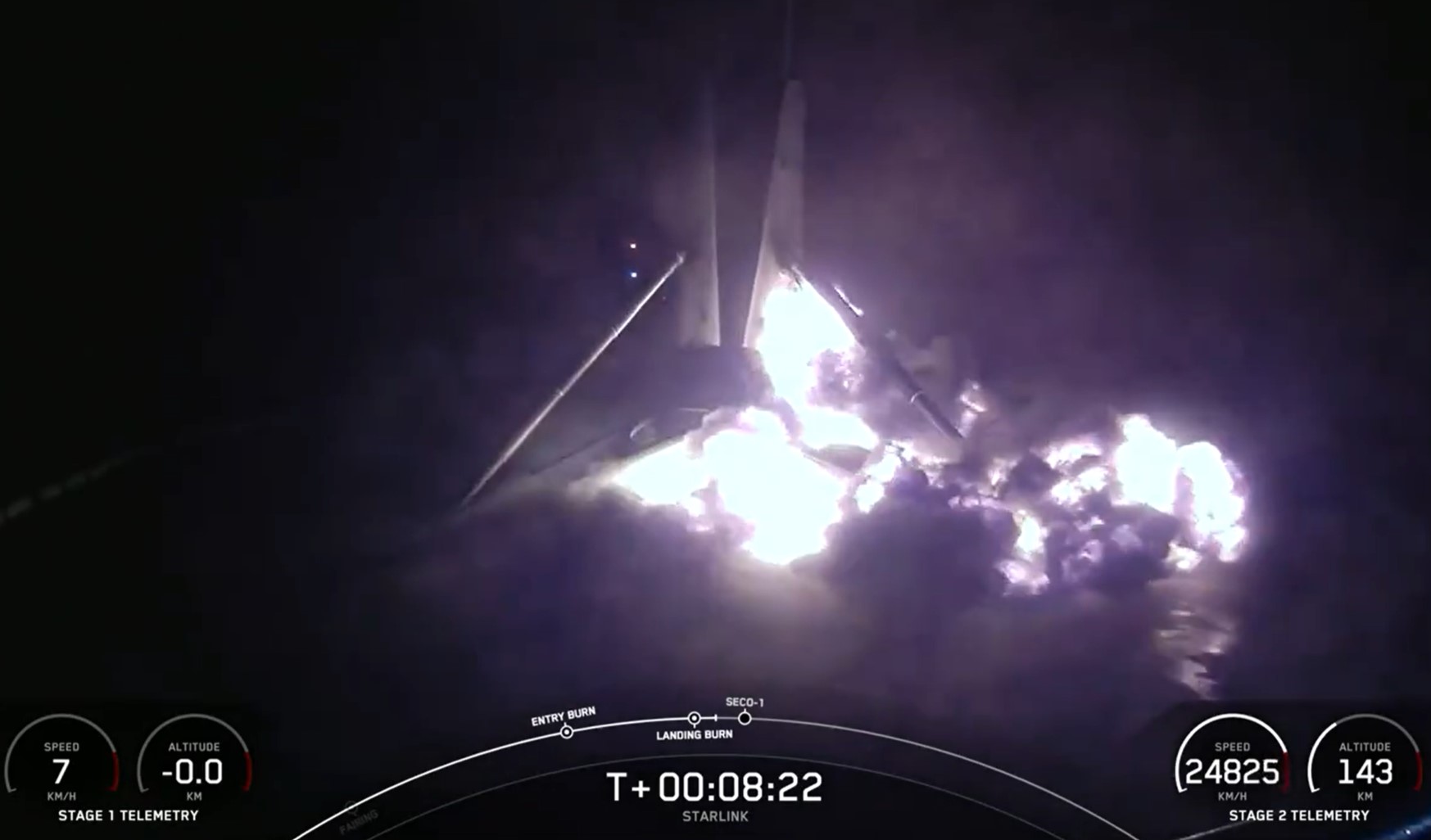The Minister of State for Universities and Science, the Rt Hon David Willetts MP used the Farnborough International Air Show to announce the new ‘Civil Space Strategy’ setting out the direction for the UK space sector over the next four years. With the UK space sector growing at 7.5% growth remains the aim for the UK Space Agency. Other space agencies were taking note. The Director General of the European Space Agency, Jean-Jacques Dordain, said that he was learning from the United Kingdom with respect to “taking competitive lessons” adding that it was the “right time for ESA to go for competitiveness and growth”.
During the same press conference focusing on enterprise and cooperation, after which a cooperation agreement between the UK-based International Space Innovation Centre (ISIC) and Russian Skolkovo technology development foundation was signed, the head of the Russian Space Agency, Roscosmos, Vladimir Popovkin, noted via a translation via an interpreter, his appreciation of private space activity. However Popovkin seemed cooler on those space firms planning space tourism trips around the Moon, noting that they may not have the funds to perform such missions – even if they were planning to offer the seats at a price of $100 million. These firms include the Isle of Man based Excalibur Almaz and the US-based Space Adventures which either plan to use past or present Russian space technology.
Popovkin emphasised that he had nothing against such commercial space firms and even noted that he had been in discussions with the US firm Space Explorations Technologies (SpaceX) about the possibility of mounting such flights. In doing so, Popovkin described SpaceX CEO Elon Musk as “a young man who dreams of space flights to Mars”.
Elon Musk has confirmed to Flightglobal that discussions with Popovkin had taken place but noted that they were not as specific being about cooperation on manned lunar spaceflights. Nevertheless, Musk noted his honour at being asked for his opinion on Russia’s space programme and noted that Russia should consider breaking out of low Earth orbit operations for manned spaceflight. He also advised that Russia should invest more in newer rocket technologies and involve newer space comanies by offering competitive fixed price launch contract competitions.
With respect to Russia’s current national space plans, Popovkin said that the first flight of Russia’s new launch vehicle, Angara, would take place late next year. Popovkin noted that parts of Russia’s New Generation Crew Transportation Vehicle (dubbed by commentators as “Orionski” after its similarity to the US Orion manned spacecraft) would fly on an unmanned test flight via a Zenit rocket. Later flights of the complete spacecraft would use a version of Russia’s Angara rocket, These flights would occur in 2018.
The Angara version planned to carry humans was shown on display on the Roscosmos/Russian space stand sporting an escape rocket. With an overall launch mass, it can carry up to four cosmonauts. With respect to a 70 tonne class heavy lift launch vehicle equivalent to initial versions of the US SLS design, Popovkin noted that Russia would build one “when we need it.”

